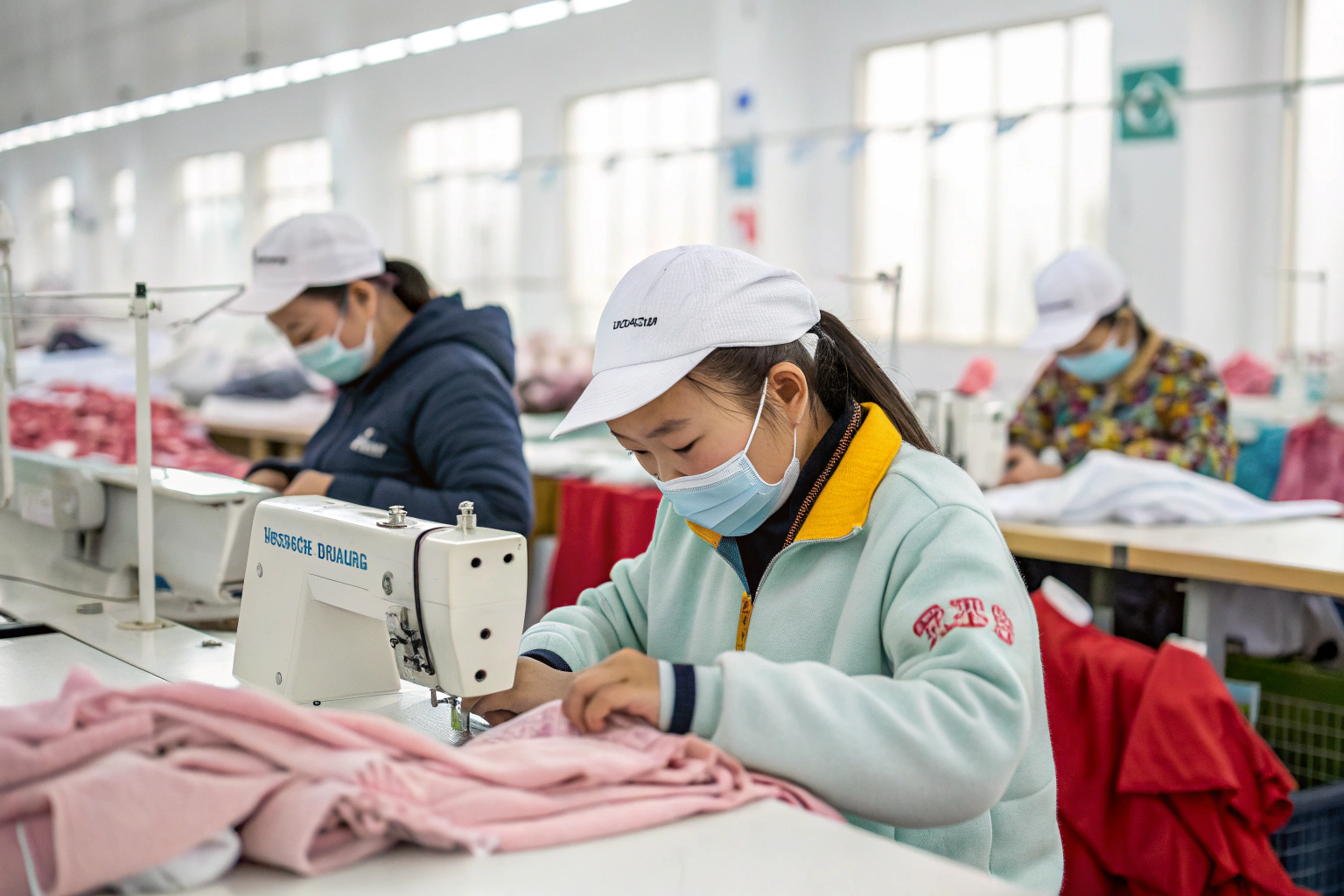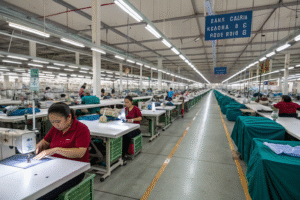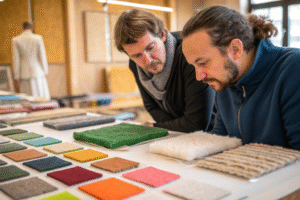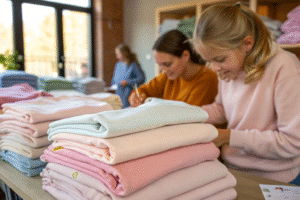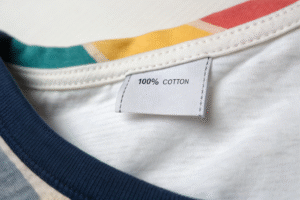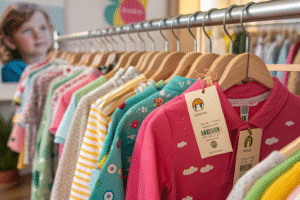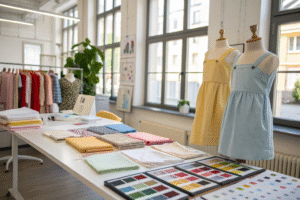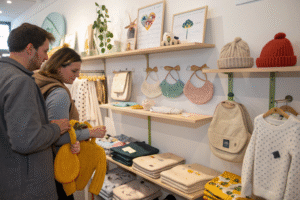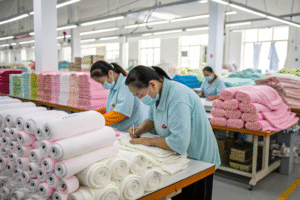Parents and brands today are no longer just asking about style or fabric—they want to know who made their children’s clothes, how they were treated, and whether their choices contribute to a better world. For buyers like Ron, who source apparel from Asia and sell under premium labels in the US, fair trade values aren’t just ethics—they’re a brand asset.
At Fumao Clothing, we are proud to be a Chinese children’s apparel manufacturer committed to fair trade values. We combine international safety standards with transparent labor practices, offering global buyers peace of mind and long-term supply chain trust.
Let me show you how we bring this commitment to life—from factory floors to final delivery—so you can partner with a supplier who shares your values and your business goals.
What Does Fair Trade Mean in Children’s Clothing Manufacturing?
While the term “fair trade” may evoke images of handwoven goods, in kidswear manufacturing, it means something broader and deeper.
Fair trade in our industry involves responsible labor practices, safe working conditions, legal compliance, wage equity, and zero tolerance for child labor or forced labor. It also includes eco-conscious material sourcing and community responsibility.

What Labor Standards Define a Fair Trade Kidswear Factory?
A fair trade garment facility upholds ILO conventions, adheres to regional safety codes, and ensures no overtime exploitation. We follow audit frameworks such as BSCI and SEDEX to verify our compliance annually. Our factory contracts prohibit subcontracting to unregulated entities.
Why Do American Buyers Prioritize Fair Trade Labels?
Retailers and distributors know today’s parents are asking deeper questions. A fair trade label can build credibility with young families and increase sell-through rates in ethical product categories. It can also reduce risk exposure in global news cycles tied to labor scandals.
How Does Fumao Clothing Guarantee Ethical Production?
At Fumao, ethical manufacturing isn’t a checkbox—it’s our foundation. We’ve built our factory systems to ensure every buyer gets more than just a shipment. They get ethical assurance.
Our factory implements transparent HR policies, monthly internal audits, regular third-party inspections, and staff training programs. These systems create a safe, respectful, and productive environment.
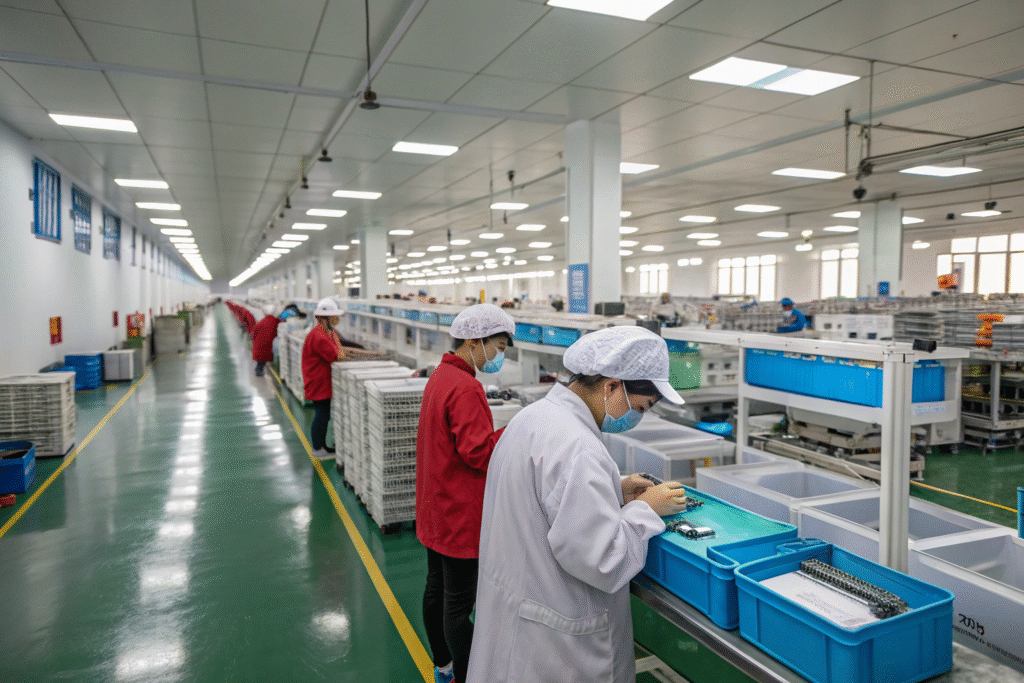
What Are Our Key Worker Protection Measures?
We offer legally binding employment contracts, monthly performance reviews, and protective gear in production zones. We also maintain a zero-tolerance policy for discrimination and harassment, aligned with UN Global Compact principles.
How Do We Audit Our Own Practices?
Besides surprise audits from buyers, we use WRAP and amfori-accredited inspection agencies to ensure transparency. Buyers can also request video walkthroughs, digital compliance records, or visit our facility via virtual tour.
What Materials Support Our Fair Trade Commitment?
Our fair trade mission goes beyond the people—it extends to the planet. Kids’ garments must be skin-safe, biodegradable, and responsibly sourced. That’s why we partner only with traceable mills.
We prioritize fabrics that are OEKO-TEX, GOTS, and BCI certified, allowing us to create baby-safe and earth-conscious products. These materials are ideal for ethical brands focused on toddler, infant, and junior lines.
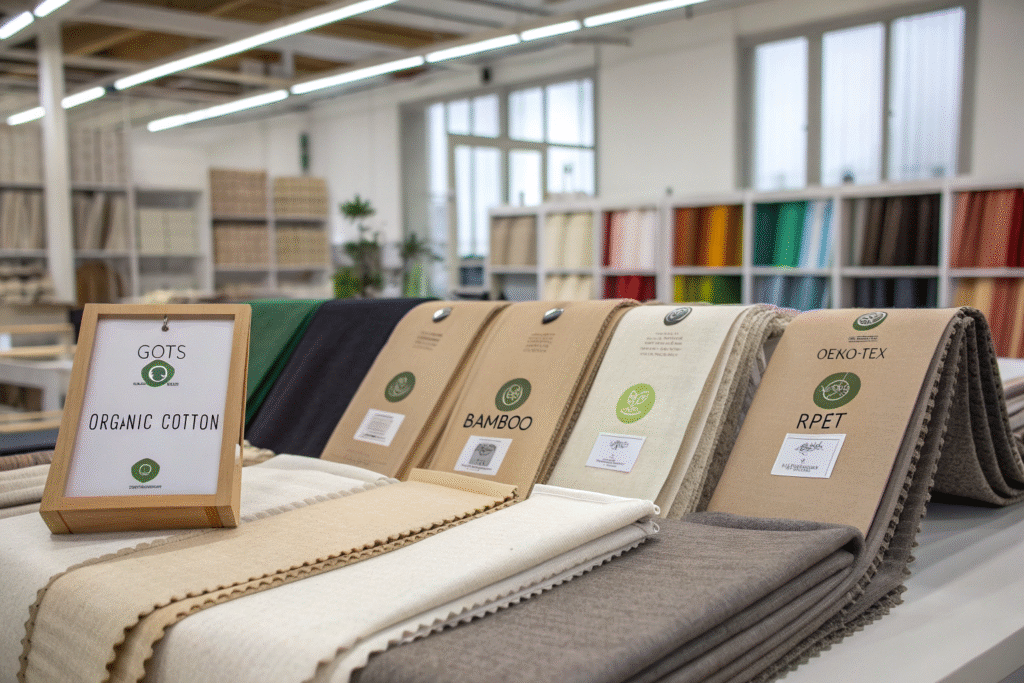
Why Is Fabric Certification Critical in Fair Trade?
Parents are more informed than ever. They expect brands to avoid harmful dyes, plastic-based coatings, and formaldehyde residues. GOTS certification, for example, verifies both organic origin and safe processing. OEKO-TEX checks for over 100 chemical compounds unsafe for children.
Can Buyers Request Low MOQ for Certified Fabrics?
Yes. For ethical startups or boutique brands, we offer low MOQ sourcing for GOTS cotton or rPET blends. These programs are supported by our flexible batch production model and mill partnerships.
How Do We Combine Fair Trade with Competitive Pricing?
The misconception is that fair trade always means higher costs. But that’s not true when ethical production meets lean manufacturing.
At Fumao, we leverage digital tools, bulk raw material partnerships, and five synchronized production lines to reduce cost-per-piece while maintaining fair trade benchmarks.
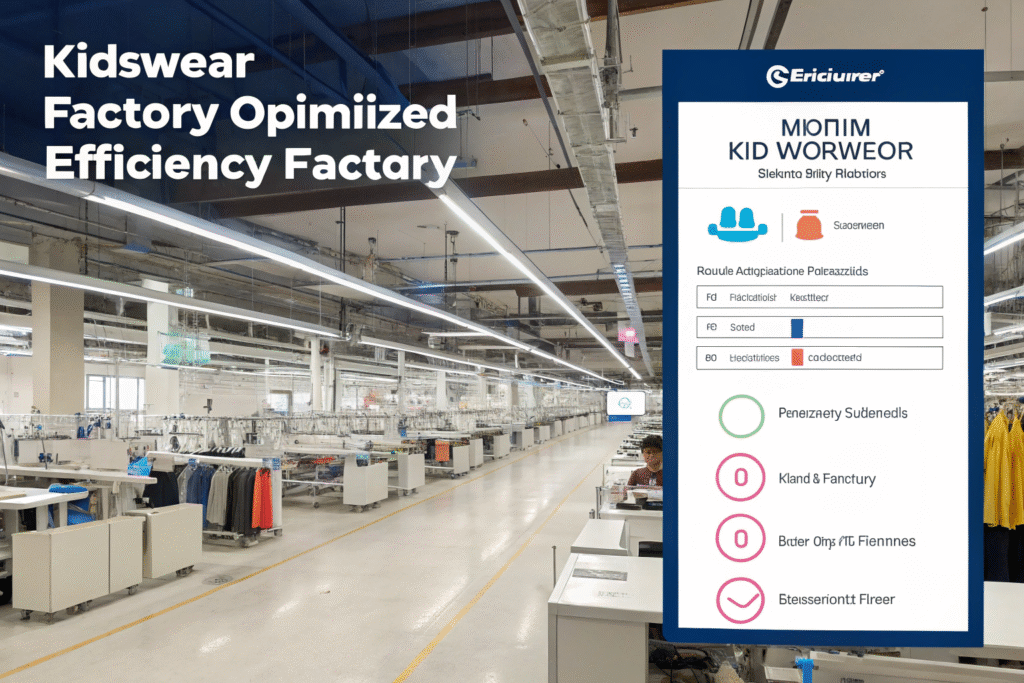
What Cost Efficiencies Do We Offer?
We cut waste through digital pattern cutting and shared material pools across product lines. Buyers can also benefit from DDP logistics models which eliminate customs uncertainty and hidden fees, enhancing budgeting accuracy.
Why Do Our Clients Stick With Us Long-Term?
Trust is built when shipments arrive on time, products match specs, and compliance is guaranteed. Many of our American clients, including those sourcing from California Prop 65-compliant suppliers, have stayed with us for over 5 years due to this reliability.
Conclusion
In 2025, the world’s top children’s clothing buyers want more than just cute designs—they want a transparent, responsible, and fair manufacturing story behind every item. At Fumao Clothing, we’ve spent decades building that story brick by brick.
With fair labor, certified materials, flexible MOQs, and competitive pricing, we are the manufacturing partner your ethical brand can trust. Let’s build a better future—together.

